PhosAgro welcomes EU voluntary eco-labelling initiative
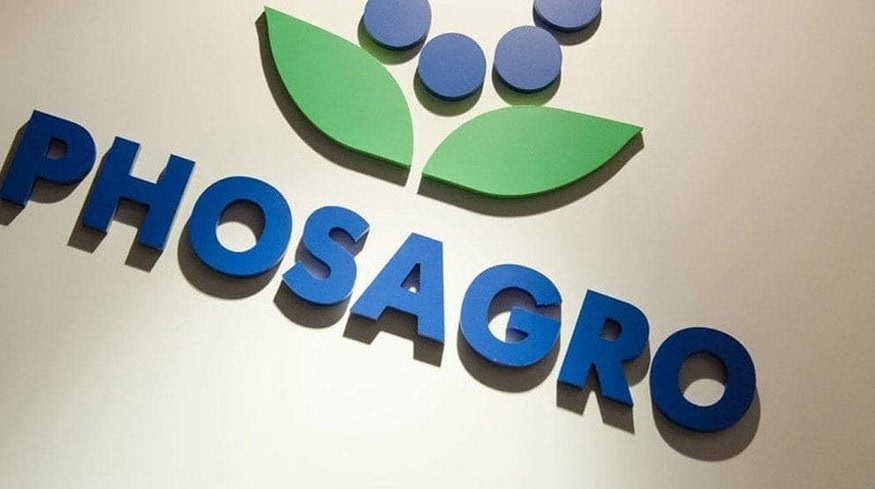
European Commission adopted an official instruction for eco-labelling of mineral fertilizers without hazardous concentrations of cadmium and other heavy metals for human health and soil.
The voluntary labelling proposed by the European Commission is a direct implementation of the European Union Regulation 2019/1009, regulating the requirements for agrochemicals in agriculture in the European Union. This Regulation, adopted in 2019, is a result of the historic decision on the ban in the European Union of the circulation of phosphorus fertilizers with a dangerous content of heavy metals and arsenic. So, from July 16, 2022, the sale of phosphorus fertilizers with a cadmium content of more than 60mg per kg of phosphorus pentoxide will be banned in the European Union. In July 2026 the European Commission will consider a further tightening of the requirements for the cadmium limit.
At the same time, since the 1980s some European countries recognized the importance of restrictions on the content of cadmium in fertilizers and unilaterally began to introduce strict regulation. Restrictions were introduced in 21 countries, including Switzerland, where the limit for cadmium was set at 21 mg per kg of phosphorus pentoxide back in 1986, in Sweden (44 mg per kg), the Netherlands (31 mg), Hungary and Slovakia (20 mg) and Finland (22 mg).
Regulation 2019/1009 also defines a special group of environmentally preferred mineral fertilizers with a cadmium content of low than 20 mg per kg of phosphorus pentoxide.
This specified group of mineral fertilizers received the right to voluntary eco-labelling with a special sign. The document published by the Commission provides clear information on the appearance of the marking and its samples. Two ways are allowed to declare the absence of harmful to the health of humans and soil concentrations of cadmium in fertilizers — with text or pictogram. As one of the examples, an image of the chemical element cadmium (Cd) is given, with a downward arrow next to it.
The voluntary eco-labelling suits the EU’s Green Deal and the new From the Garden to the Table strategy aimed at limiting the impact of high contaminant fertilizers on arable land. It shows the Commission’s intention to move towards sustainable agriculture and maintaining healthy soils, which ensure the long-term health of plants, animals and humans through better quality food.
The voluntary eco-labelling will enable eco-efficient fertilizer producers such as PhosAgro to inform consumers of their benchmark quality. Apatite concentrate from the Murmansk region, which PhosAgro uses in its phosphorus and NPK fertilizers, is unique in its purity. The company’s corporate standards provide a traceability chain from the extraction of apatite-nepheline ore to the supply of reference pure phosphorus-containing fertilizers to the consumer. This factor is a necessary condition for the transition to sustainable agriculture and food systems with affordable food with improved characteristics.
“PhosAgro always welcomes measures increasing the transparency of the fertilizer production and supply chain for the end consumer. Farmers should decide on the application of fertilizers taking into account full information about their composition, especially when it comes to the absence of harmful for health and soil concentrations of toxic substances such as cadmium. And the producers of phosphorus fertilizers all around the world received extra incentive to improve production technologies to ensure the sustainability of agriculture and take care of soil fertility and health of the population,” said PhosAgro CEO Andrey Guryev.
Enjoyed this story?
Every Monday, our subscribers get their hands on a digest of the most trending agriculture news. You can join them too!


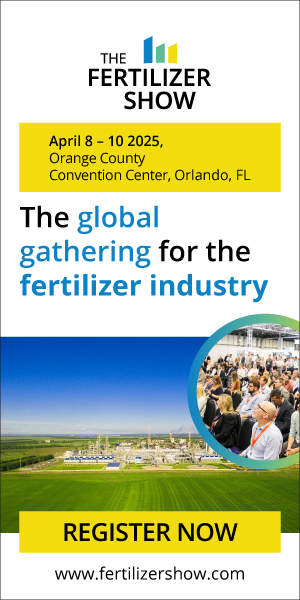








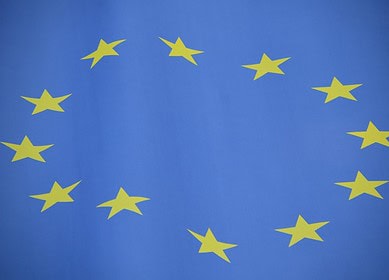
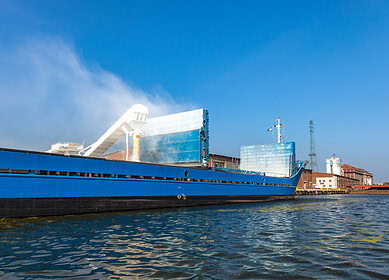
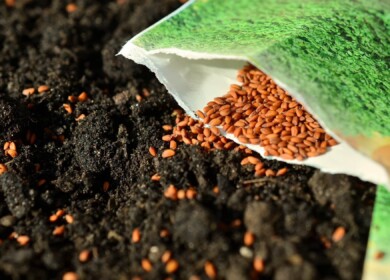
Discussion0 comments